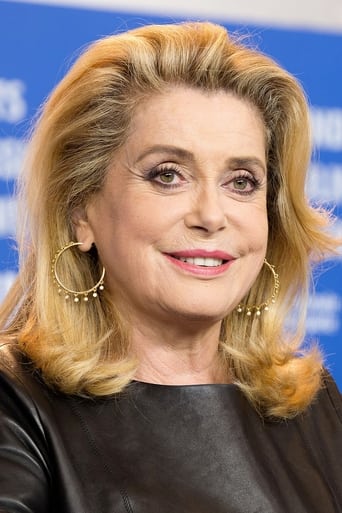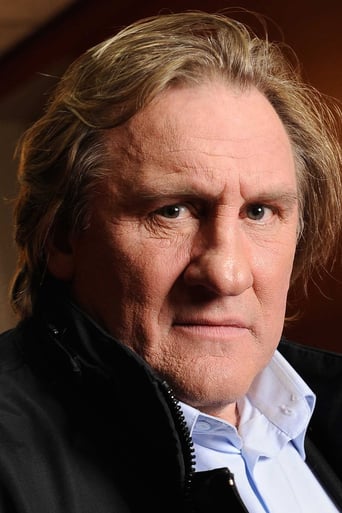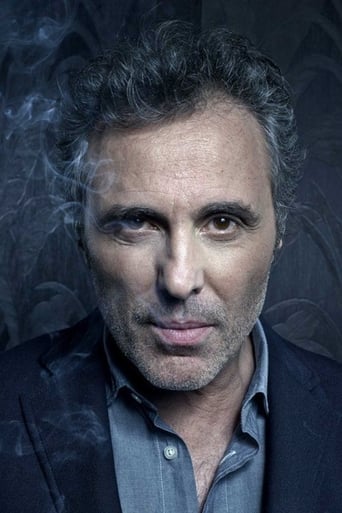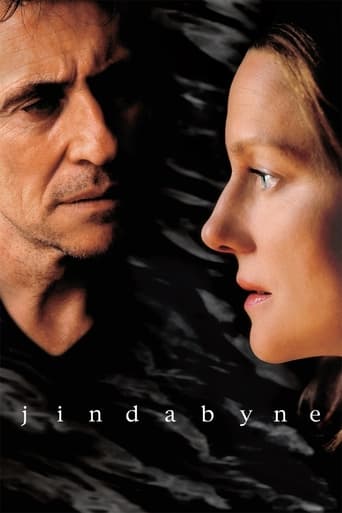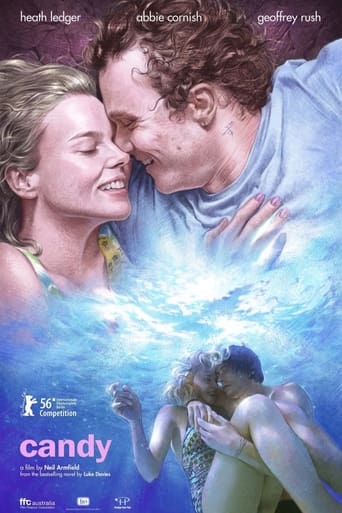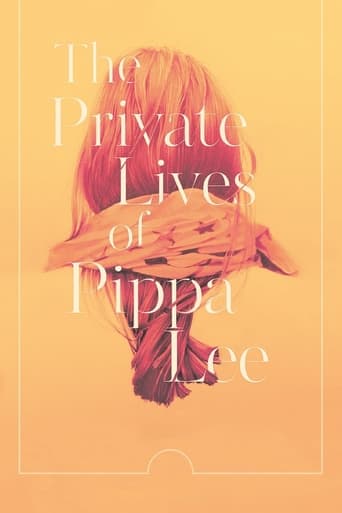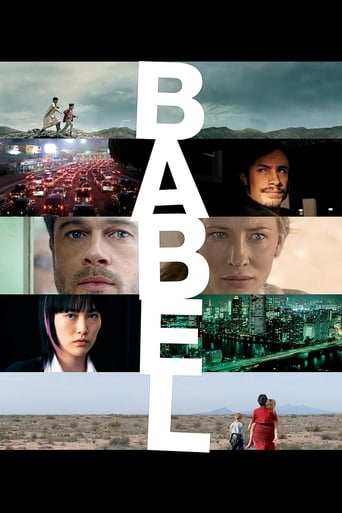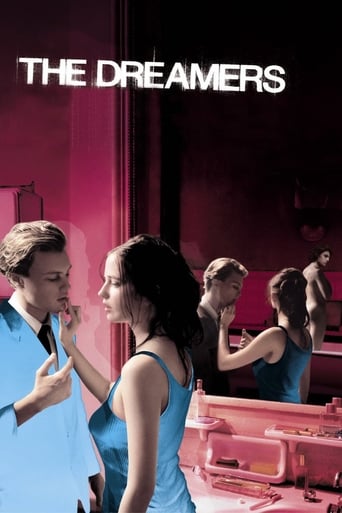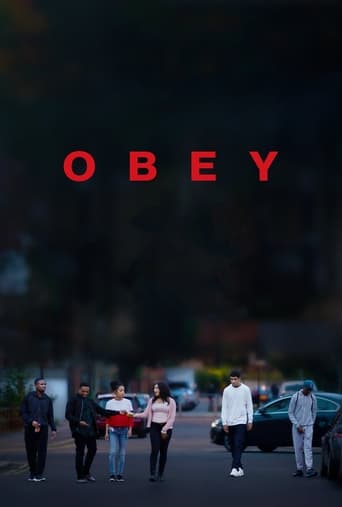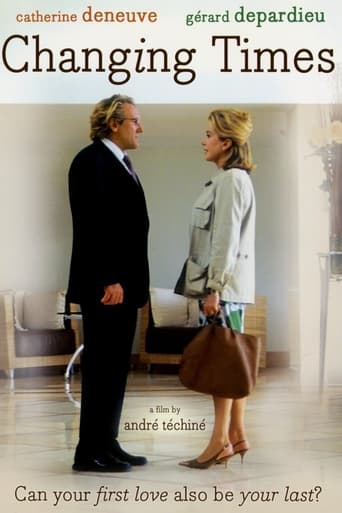
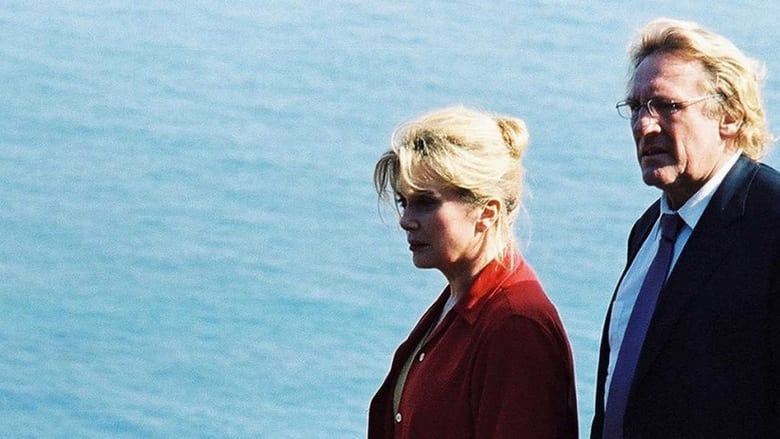
Changing Times (2004)
In Tangiers where he traveled for his work, a man finds the woman he loved, and attempts to revive their romance though it ended some 30 years earlier.
Watch Trailer
Cast


Similar titles
Reviews
Writer/director André Téchiné (Wild Reeds, My Favorite Season, Child of the Night, etc) is able to take what appear to be simple emotional responses from complicated people and create an artwork that makes us think, become introspective, and be challenged and entertained all at the same time. His ability to draw intensely personal performances from his actors makes him a director with a full heart and startling technique.Essentially a love story, 'Les Temps qui changent' ('Changing Times') examines the lives of two people who fell in love in Paris 30 years ago, but parted. Antoine Lavau (Gérard Depardieu) has never married, so in love with his original flame Cécile (Catherine Deneuve) that he is obsessed with winning her back. Cécile has married a younger man, Natan (Gilbert Melki) who is a philandering physician, and lives in Tangiers where she hosts a dowdy talk show on the radio to help support the family. The couple has a bisexual son Sami (Malik Zidi), who has returned to Tangiers with his drug-addled girlfriend Nadia (Lubna Azabal) and her son Saïd (Idir Elomri) much to his parent's concern, and takes up with his Moroccan lover Bilal (Nadem Rachati). The family problems are further complicated by the fact that the Morroccan Nadia has a twin sister Aïcha (also played by Lubna Azabal) in Tangiers who is trying desperately to separate her life from her twin.Antoine, an architect of means, manages to land a job in Tangiers in hopes of rekindling his romance with Cécile, but Cécile has become a feminist and a bitter woman who resents her younger husband's infidelity and wants nothing to do with love, especially with the threat of depth of feeling that Antoine's new presence in her world presents. Antoine is persistent, meets Cécile's husband for medical reasons, and tries to woo Cécile in a close to stalking manner. Cécile's best friend Rachel (Tanya Lopert) convinces her that the only way to end the ardor of Antoine is to sleep with him, which she finally does with unexpected results. While the dance between Cécile and Antoine progresses, Natan meets Aïcha, Sami and Bilal arouse old emotions, and Nadia requires rehab for her out of control drug habits. How all of these coincidental occurrences coincide in an unexpected accident for Antoine is André Téchiné's magical way of sharing the power of love in the most adverse of circumstances. The ending is surprising and thought-provoking and eminently satisfying.Depardieu and Deneuve are luminous in their roles, adding yet other crowns to their careers of creating unforgettable, subtle characterizations on film. The remainder of the cast is also superb and the cinematography and music and editing and direction make this a feast for the eyes and the brain. Highly Recommended. Grady Harp
I very much liked this film. I have been a Deneuve fan for a long time and really enjoyed seeing her in another Téchiné picture. This director has a very ambiguous way of making his characters very human and very enigmatic simultaneously. The music he chooses is fantastic. Watching this, I was very much reminded of his 1996 film, Les Voleurs, also starring Deneuve. Les Temps qui Changent is part comedy, part family drama, part romance, and part political commentary. The film doesn't drag--it simmers and feels very alive. Morocco is quite a setting. In such a contrast to the mainstream American films, this film is subtle and unapologetic. The viewers come to care about not only the characters but their world as well. The subplots do not detract but only enhance the realistic and cultural quality of the film. Without a doubt worth watching. Téchiné is a master.
Nominated for the Golden Bear Award at the Berlin Film Festival, André Techine's Changing Times reunites French superstars Catherine Deneuve and Gerard Depardieu for the seventh time. Set in Tangiers, Morocco in the fifties, the film tackles large topics: temporary pleasure versus enduring commitment, the status of women in Morocco, bisexuality, and the economic gap between wealthy European nations and the third world, but none are fully developed. Along the way, we see refugees waiting by the sea hoping for voyage to Europe, Arabs slaughtering sheep in the desert, and women afraid to be seen in public with men. The film has a fragmentary quality and, in spite of some lyrical moments, is mainly a star vehicle that cannot decide whether it wants to be a comedy, a tragedy, or political commentary. The film begins as a landslide buries Antoine Lavau (Gerard Depardieu), a supervisor inspecting a construction site, and the film proceeds with flashbacks to Antoine's arrival in Tangiers and his subsequent life in Morocco. Lavau has come to Tangiers to expedite the building of an audiovisual center in the Tax Free Zone of Tangiers. Perhaps sexpedite might be more to the point as he has basically come to rekindle a romance with Cecile (Deneueve), his first love with whom he is still obsessed, even though he has not tried to contact her during the last thirty years out of fear of rejection. Cecile is a radio announcer on a late night music and talk show. Antoine sends her flowers anonymously and spends his nights listening to her voice on the radio. In a scene played for laughs, he even watches a video about voodoo so he can render her powerless to resist his advances. When the two finally meet, it is only after Antoine runs into a glass wall breaking his nose.Cecile has changed greatly since coming to North Africa and has neither fond memories of Antoine nor any wish to rekindle their romance. She is remarried to Natan (Gilbert Melki), a Jewish doctor and they have one son, Sami (Malik Zidi), a bisexual, who has been living in Paris with his Moroccan girl friend Nadia (Lubna Azubal) and her son Said (Idir Elomri). He is in Tangier visiting his family for the holidays and renewing acquaintances with his Moroccan lover Bilal (Idir Rachati) who lives in a country estate well protected by a pack of none too friendly dogs. Nadia, who suffers from emotional problems and takes tranquilizers, wants to visit her twin sister Aicha while in Tangiers whom she hasn't seen in six years but Aicha refuses to see her, telling Nadia that it would complicate her life. These episodes have some tender moments but we do not learn enough about either sister or for that matter Sami or Bilal to have any emotional investment in their lives.As Cecile's relationship with Natan becomes more and more strained, she begins to open up a little bit to Antoine and starts to show some affection, but this is interrupted by Antoine's accident at the site, leading to a contrived and predictable resolution of the plot. Although Changing Times contains some fine performances by two outstanding professionals, little emotion is conveyed and I did not find the relationship to be truly convincing. The times they are-a changin' and if this film is any indication of the direction of André Techine's work, it is not for the better. Perhaps someone should have considered putting a voodoo spell on the scriptwriter. As it is, there is much good intention but little magic.
Téchiné once again at his not-quite-best is once again better than just about anything else going on in movies. The Tangiers in which the film is set is one of cranes and bulldozers and exurban office blocks and urban blight as work-in-progress. It could be any big, hyper-developing city anywhere, a point only emphasized by unglamourized shots of the spectacular bay and of the seashore, along which African migrants crowd in search of a lift to Spain. Yet it is also a place where sheikhs still cast out demons (at least on videotape, in a very sharp and funny sequence), and modern, Westernized executive assistants must try hard not to act too irritated or insulted when their foreign charges ask to learn how folks here cast spells. No one who can help it speaks Arabic. This is the Morocco Paul Bowles really lived in, not the one he wrote about. But in the gritty and astringently unsentimental world Téchiné always gives us, magic can and does happen, just as he has always been telling us it does when, where and how we least expect it.Into all this he brings Depardieu and Deneuve, well into late middle age and pointedly showing it. The actress the French press still ritually calls the Most Beautiful Woman In The World allows herself to be shot dowdy and wrinkled, and Depardieu is a pathetic, clutsy, mastodontic wreck of a project engineer who's supposed to build things but who pulls them down around himself instead. Viewers who come to this film hoping for a glamorous "Last Metro" sequel will (deservedly) be sorely disappointed, but it is in the interaction of these two as truthfully aging (but only partly matured and not necessarily wiser) human beings that much of the real magic of the film lies. The sequence of their first encounter is transcendental cinema: Téchiné paces, lights and,above all, frames it with as much mastery as you will see in any non-Asian film this year, and the actors pour their lifetimes of experience into making it a moment of stunning, deeply affecting comic understatement. With such consummate virtuosos in front of and behind the camera, all you can do is purr.Balzac here meets the Thousand and One Nights, with sudden clashes of culture and of personality, and with acute, squirm-inducingly true mixes of love and its opposite between friends, lovers, spouses and (in bravura double casting of Lubna Azabal) twins, all real and raw, all in quicksilver sequences with minimum exposition or narrative explication. The film looks as if it may have been done on a very tight schedule: some of sequences show signs of over-hasty rehearsal, of cameras rolling before actors have gelled and mastered their scene.But Téchiné is nonetheless a master who makes so many films that he is taken for granted and mistaken for a reliable journeyman. He probably longs for a breakthrough hit and may have been hoping for this finally to be the one. It won't be: the French press comment has ranged from very enthusiastic to tepid to dismissive, and, as is so often the case, he is up against newer and glitzier directors with films being released at roughly the same time. (In 1991, for example, it had been Olivier Assayas's "Paris s'éveille", portentous and affected, that had eclipsed Téchiné's searing but, as usual, flawed "J'embrasse pas"; this year, it is Arnaud Desplechin's "Rois et reine", also featuring Deneuve, that will doubtless outglitz "Les temps qui changent", without bettering it.) But in Paris, chic will always win over substance, and Téchiné will never be chic. This doubtless goes a long way to explaining why so many actors of the first rank (Deneuve long a synonym for chic among them) do some of their best work for him and come back to him time after time. They know something about Téchiné that too many professional critics don't -- and so, by now, should we.


